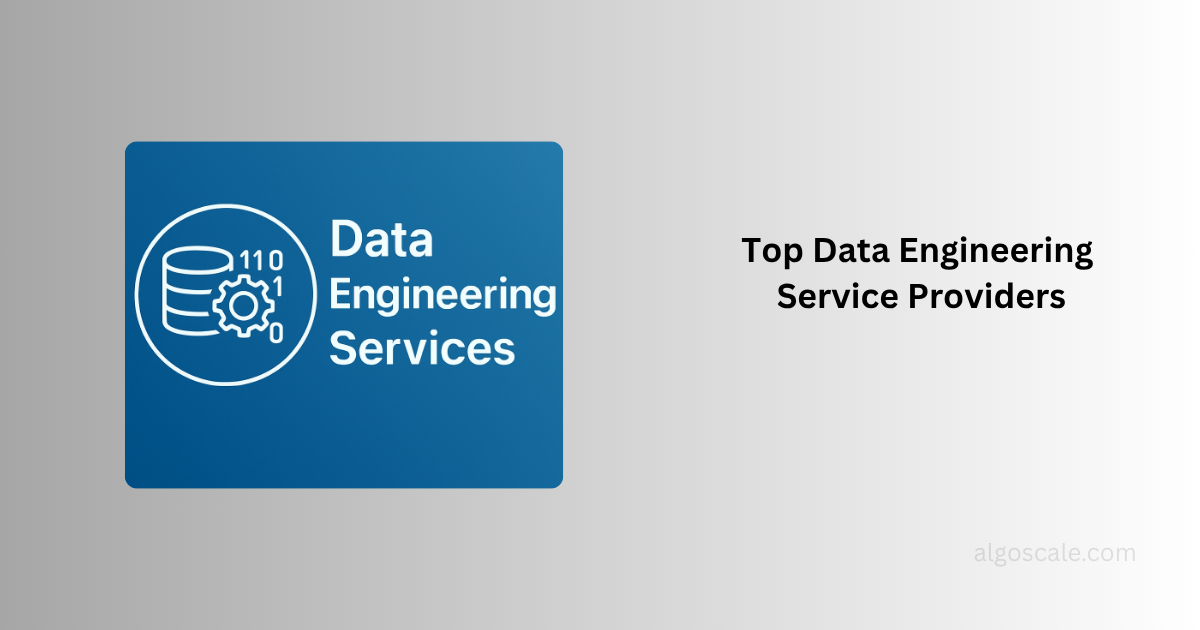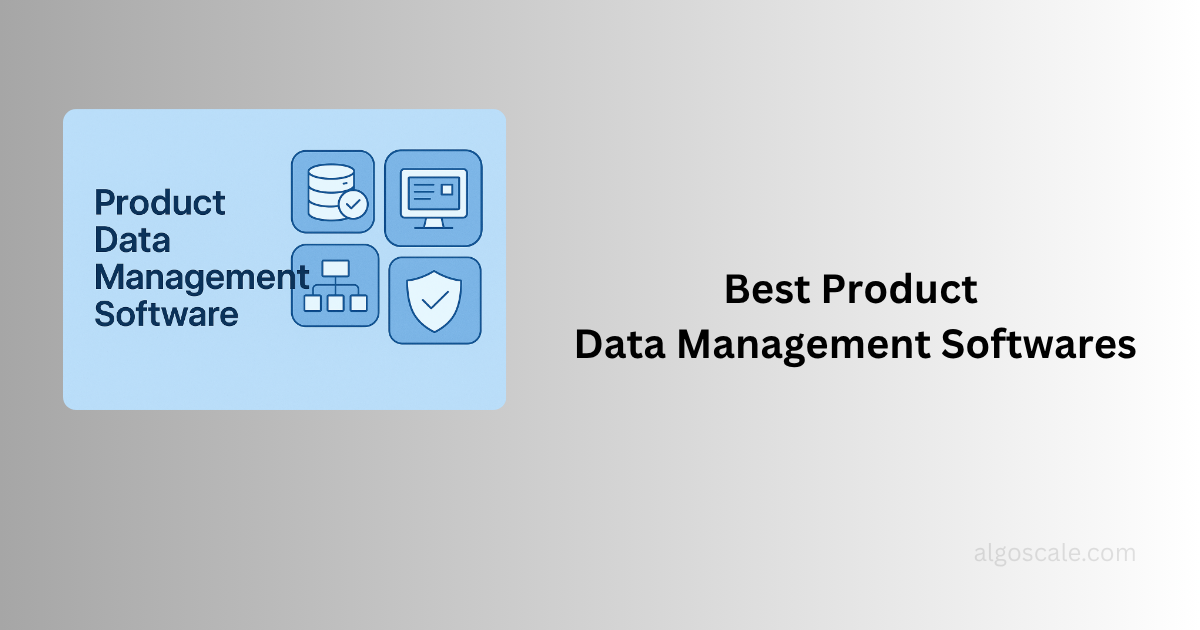The transportation industry, a cornerstone of modern society, is in the midst of a remarkable transformation, catalyzed by technological advancements. This revolution is spearheaded by the fusion of vehicle profiling and deep learning, two powerful tools that have come together to reshape the global transportation landscape. This blog will delve deeper into the intricate ways in which AI in transportation, through vehicle profiling and deep learning, is influencing our means of moving people and goods across the world.
Understanding Vehicle Profiling
Vehicle profiling is a systematic process that entails collecting comprehensive data about a vehicle, encompassing its make, model, age, condition, and more. This data is garnered through various channels, including sensors, cameras, and connected devices. The multifaceted nature of vehicle profiling makes it an indispensable facet of the transportation industry, serving diverse purposes ranging from fleet management to insurance pricing and traffic control.
The Integral Role of Deep Learning and AI in Transportation
Deep learning, a subset of artificial intelligence, plays a pivotal role in modernizing transportation. This technology empowers neural networks to discern patterns and make predictions, leveraging immense datasets to drive real-time decision-making. The capabilities of deep learning and AI in transportation are unparalleled, enabling the processing and analysis of data with an accuracy that was hitherto unattainable.
Ways AI in Transportation: Vehicle Profiling and Deep Learning Reshape Global Transportation
- Enhanced Safety:
- Deep learning algorithms, finely tuned to process real-time data from sensors and cameras, possess the power to identify potential hazards, such as pedestrians, other vehicles, and road obstructions. This information can assist drivers in making informed decisions or even take control in autonomous vehicles, thus averting accidents.
- Vehicle profiling data contributes to the identification of high-risk drivers and vehicles. This enables authorities and insurance companies to implement targeted interventions and deliver more precise insurance pricing.
- Efficient Traffic Management:
- Deep learning models are adept at analyzing traffic patterns, predicting congestion, and suggesting alternate routes for drivers, thus reducing travel time and fuel consumption.
- Vehicle profiling data aids in assessing the impact of various vehicle types on road conditions and traffic flow. This information is invaluable for urban planners as they make informed decisions regarding infrastructure enhancements.
- Sustainability Advancements:
- The increasing popularity of electric and hybrid vehicles is significantly affecting the transportation landscape. Vehicle profiling data aids in tracking the adoption of sustainable transportation alternatives.
- Deep learning is instrumental in optimizing the operation of electric vehicle charging stations, ensuring energy efficiency while alleviating strain on the power grid.
- Logistics and Supply Chain Optimization:
- Vehicle profiling proves to be indispensable in logistics, allowing companies to monitor the status and condition of their fleets, ensuring timely and optimal delivery of goods.
- Deep learning predicts demand, optimizes routes, and manages inventory, enhancing the efficiency and cost-effectiveness of supply chain operations.
- Autonomous Vehicles:
- Deep learning is at the heart of autonomous vehicle development. These vehicles rely on real-time data from sensors and cameras to make instantaneous decisions about steering, acceleration, and braking.
- Vehicle profiling data assists autonomous vehicles in recognizing and adapting to various vehicle types and road conditions, thereby improving road safety.
Algoscale, a prominent technology solutions provider, embarked on the mission of crafting a real-time vehicle profiling system capable of classifying vehicle types, recognizing license plate numbers, and efficiently storing the data in a database. The following elucidates their three-step approach towards realizing this formidable task:
Algoscale's Three-Step Approach Towards the Solution:
Inference Pipeline on Toll Plaza: Algoscale ingeniously devised an inference pipeline designed to concurrently run on multiple cameras situated at the toll plaza. This setup permitted the system to process data from diverse angles, thereby heightening the accuracy of vehicle classification and license plate recognition.
Edge Server Deployment: The entire system was thoughtfully installed on an edge server positioned at the toll plaza. This strategic utilization of edge computing, a cornerstone of real-time systems, drastically reduced latency by processing data locally. Deploying the system on an edge server ensured that data processing and classification happened on-site, fostering swift decision-making while minimizing the need for extensive data transfer to a remote data center.
High-Accuracy Vehicle Classification: Algoscale's deep learning model, in conjunction with OpenCV for image processing, exhibited remarkable efficacy in accomplishing the project's goals. The model achieved an impressive 95% accuracy rate in categorizing vehicle types, as well as recognizing makes and license plates. This level of accuracy is paramount in real-time applications, where even minor errors could precipitate significant consequences.
Tech Stack: Model and Inferencing: Algoscale harnessed deep learning (PyTorch) techniques for training their model, while employing OpenCV for image processing. Hardware Infrastructure: The system was deployed on edge servers, each equipped with potent GPUs.
Impact Delivered: Algoscale impeccably executed the real-time vehicle profiling system, effectively running inference on three cameras, each boasting a 1080p resolution, in real-time for each server.
About the Client: The client, based in Malaysia, is a forward-thinking company leveraging the transformative potential of the Internet of Things (IoT), AI, Cloud, and Big Data. Their mission is to craft smarter physical locations for customers and businesses.
In conclusion, Algoscale’s successful implementation of the real-time vehicle profiling system underscores the immense potential of harmonizing vehicle profiling and deep learning in shaping the future of global transportation. The impact of this solution extends to enhancing safety, boosting efficiency, and highlighting the critical role of edge computing in real-time applications. Furthermore, this case study emphasizes the value of collaborative endeavors between technology solution providers and visionary companies in crafting smarter and more interconnected physical environments.
The world of transportation is poised for a future that is not only more efficient but also more interconnected and ecologically conscious. AI in transportation is the driving force behind these transformative changes, and it continues to shape the way we move people and goods across the globe. Algoscale as a leading Deep learning and AI solution provider is always open to collaborations and opportunities to harness the power of AI and Data Science Solutions to make this world a better place. Have a project in mind? Get in touch with our experts!











